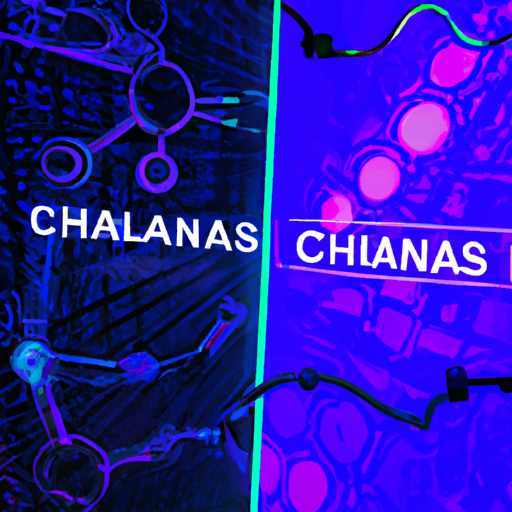Evidence Mounts That Chainalysis’ Blockchain Forensics Heuristics May Be Flawed
Key Points:
- Chainalysis’ Reactor software lacks scientific evidence to prove its accuracy.
- Experts at CipherTrace reveal flaws and inaccuracies in Chainalysis’ analysis.
- Chainalysis’ behavior clustering heuristic is described as “reckless” and overly inclusive.
- The accuracy of the behavioral clustering heuristic for Bitcoin Fog is only 36%.
- CipherTrace refrains from using Chainalysis’ behavioral clustering due to its inaccuracy and error-prone nature.
- Chainalysis’ single entity clustering is criticized for leading to tracing errors.
- Mistakes and errors are found in Chainalysis’ expert report.
- There are hundreds of millions of unverified data points, which may impact other cases.
- Chainalysis’ attribution data should not be used in court without proper validation and auditing.
- Blockchain forensics should only be used as investigatory leads and not sole evidence.
- An independent audit of Chainalysis is called for to prevent wrongful arrests and compliance failures.
Article:
Evidence is emerging that casts doubt on the accuracy and reliability of Chainalysis’ blockchain forensics heuristics. After admitting the lack of scientific evidence for the accuracy of their Reactor software, Chainalysis’ analysis is further scrutinized by experts from blockchain surveillance firm CipherTrace. The revelations highlight flaws and inaccuracies in the heuristics applied by Chainalysis, raising concerns about their impact on democratic justice proceedings.
The case of United States vs. Sterlingov provides a glimpse into the potential problems with Chainalysis’ Reactor software. Roman Sterlingov, who is accused of operating the custodial Bitcoin mixer Bitcoin Fog, has been awaiting trial with his defense attorney, Tor Ekeland, challenging the findings of Chainalysis Reactor. Ekeland compares Chainalysis to “the Theranos of blockchain forensics.” Multiple expert evaluations in the case support Ekeland’s view.
One of the main issues highlighted by CipherTrace is Chainalysis’ behavioral clustering heuristic. This heuristic aims to detect patterns in the structure or timing of transactions to identify a specific wallet software. However, CipherTrace calculates a discrepancy in accuracy of approximately 64% for Bitcoin Fog’s behavioral clustering heuristic. This high level of inaccuracy renders the results unreliable and calls into question the findings of Chainalysis’ Reactor software.
Another criticism by CipherTrace is Chainalysis’ use of single entity clustering, which assigns a root address to an entity without proper verification. This can result in numerous tracing errors, including a higher probability of false positives and negatives. CipherTrace refrains from using behavioral clustering as applied by Chainalysis, considering it inaccurate and error-prone. The report also highlights errors in Chainalysis’ expert report and points out hundreds of millions of unverified data points, which may impact other cases.
To ensure the integrity of data in criminal justice proceedings, CipherTrace recommends that Chainalysis’ attribution data should not be used in court without proper validation and auditing. The report emphasizes the importance of model validation and well-documented, auditable processes for attribution and clustering. Blockchain forensics should only serve as investigatory leads and not be solely relied upon as primary evidence.
In light of the issues raised, an independent audit of Chainalysis and their methodologies is called for to prevent wrongful arrests and compliance failures. These structural issues in the space need to be addressed to ensure the accuracy and reliability of blockchain forensics.
Hot Take:
The mounting evidence against Chainalysis’ blockchain forensics heuristics raises serious concerns about the reliability of their Reactor software. The lack of scientific evidence and the flaws exposed by CipherTrace highlight the potential risks associated with using Chainalysis’ findings as sole evidence in judicial proceedings. It is crucial to ensure the accuracy and validation of blockchain forensics to maintain the integrity of the criminal justice system. An independent audit of Chainalysis and their methodologies is necessary to prevent wrongful arrests and compliance failures. The revelations serve as a reminder that blockchain forensics should only serve as investigatory leads and not as definitive proof.
